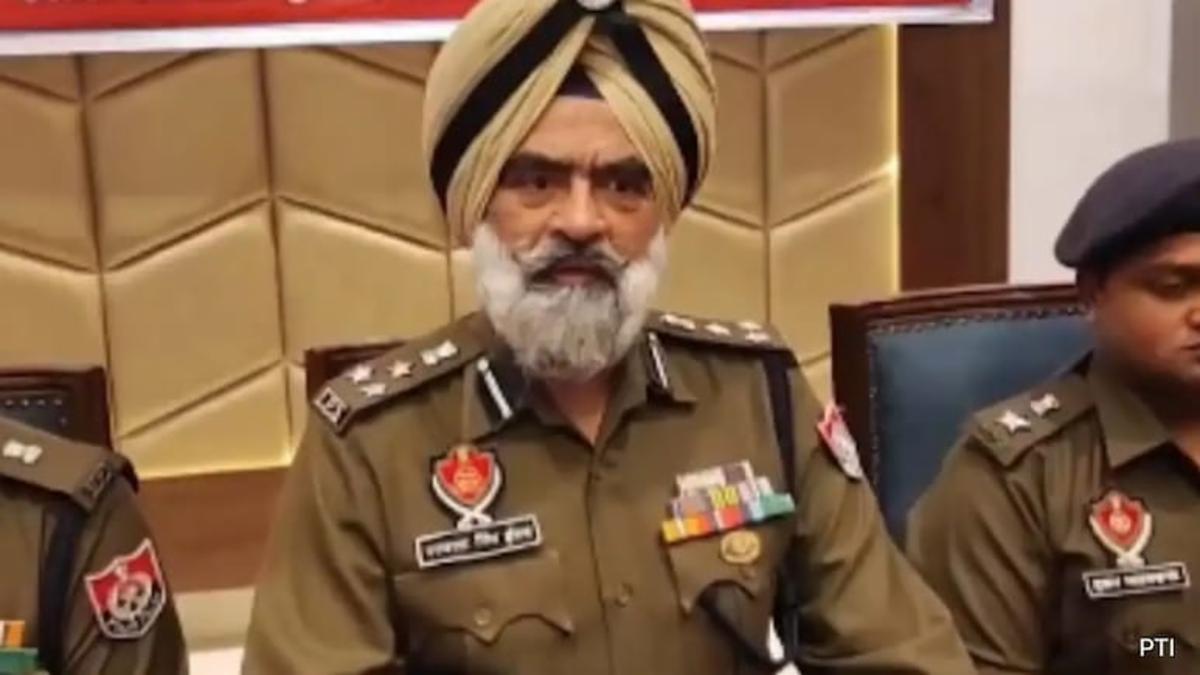India’s Hidden Empires: From PWD Engineer to Senior Officers — The Untold Story of a Nation’s Deep-Rooted Corruption

New Delhi | November 2025
Three states, three raids, and one ugly truth: corruption in India’s bureaucracy has gone beyond imagination. What began as a simple inquiry into unaccounted income of a retired PWD engineer in Madhya Pradesh has now exploded into a nationwide conversation on greed, power, and the silent empire of black money that hides beneath government offices.
Madhya Pradesh: The "Engineer" Who Owned a Kingdom
The first shocker came from Madhya Pradesh, where anti-corruption officials raided a retired engineer’s residence. At first, only small amounts of cash, gold, and vehicles appeared — but what followed stunned the nation.
Investigators soon discovered a 100 acre farmhouse, complete with an artificial pond, 32 luxury villas under construction, and 18 tonnes of honey stockpiled — believed to be a clever front for laundering money.
For someone whose government salary never crossed six figures, the magnitude of assets revealed a darker truth about how public service can be exploited for private luxury.
Punjab: A DIG’s Fall From Power

https://www.indiadailynews.org/view/uploads/india-corruption.jpeg
Before the country could process the Madhya Pradesh case, another scandal erupted in Punjab. A Deputy Inspector General (DIG) was trapped by the Central Bureau of Investigation (CBI) while allegedly accepting an ₹8 lakh bribe. www.ndtv.com+2Uni India+2
The raid that followed read like a crime novel:
-
₹5 crore in cash, stacked inside trunks and boxes
-
Over 1.5 kg of gold jewellery
-
Mercedes and Audi luxury cars
-
40 litres of imported liquor
What shocked the public most wasn’t just the wealth, but the arrogance with which it was displayed — a sign that corruption has become a culture, not a crime, for many in power.
Further investigations uncovered that around 14 senior bureaucrats had allegedly used the same real-estate dealer to launder assets. Uni India
The DIG’s story is now the tip of the iceberg in this state.
Assam: The Highway Officer With a Road to Riches
The third case came from Assam, where a National Highways Authority (NHAI) engineer was caught red-handed accepting a ₹10 lakh bribe from a contractor. The raid on his home unearthed:
-
₹2.62 crore in cash
-
Luxury cars and designer watches
-
Documents for 9 properties and 20 apartments
For a mid-level officer, this portfolio resembled that of a real estate magnate — not a public servant. Investigators believe the assets were acquired through a network of contractors and shell companies.
A Systemic Disease — Not Isolated Incidents
What ties these three raids together isn’t coincidence it’s a pattern. A pattern of unchecked authority, weak accountability, and silent acceptance of corruption as part of daily governance.
Each case above represents hundreds of others that never make headlines. Small bribes become habits. Habits become empires. And soon, corruption becomes a parallel economy that thrives on public money.
Experts suggest that India’s anti-corruption agencies, despite their growing power, often face political and procedural limitations, making it hard to sustain convictions for those who stake everything on secrecy and debt-free lives.
The Price Paid by Honest Citizens
While these officers built their secret kingdoms, millions of ordinary Indians continue to pay the price literally.
Every taxpayer contributes to the same system that funds these hidden empires. We pay GST, income tax, cess, and road tax only to drive on pothole ridden roads or face delayed public services. The contrast couldn’t be sharper: an engineer builds villas; a teacher struggles to pay rent.
Why Media Silence Matters
Mainstream media rarely covers such deep-rooted corruption beyond headlines. Perhaps because it’s less glamorous than celebrity scandals or maybe because corruption stories expose uncomfortable truths.
Independent digital outlets and citizen journalists are now becoming the last line of defence in keeping such stories alive. Platforms like yours Modern Study Point or similar — play a crucial role in creating awareness and public pressure.
The Way Forward
If India truly aims to become a developed nation by 2047, it must treat corruption as a national emergency, not a side issue. Strengthening the CBI, empowering whistle-blowers, and enforcing digital transparency in tenders are just the beginning.
Until then, the next raid will only reveal another farmhouse, another vault of gold, and another “public servant” living like royalty funded by the very citizens they were meant to serve.
✦ Conclusion
These three cases from Madhya Pradesh, Punjab and Assam are not just stories of individual greed. They are warnings. Warnings that a system left unchecked can devour its own purpose.
And while the corrupt may continue to hide behind wealth and power truth will always find its way. One raid at a time.